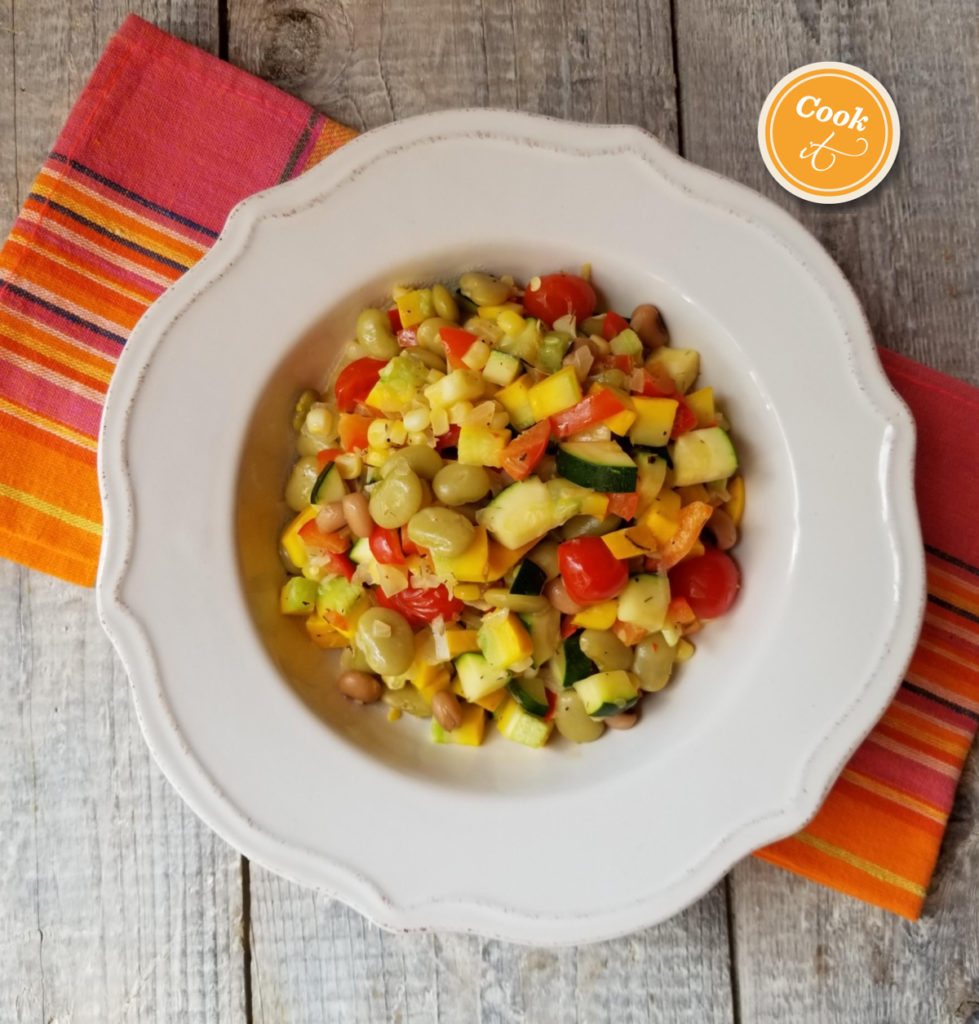Moonshine is an integral part of East Tennessee’s history. The storied White Lightning Trail that ran illegal liquor through Kentucky, Tennessee and the Carolinas during Prohibition passes through the region. The infamous section in Jefferson County named Thunder Road claimed the life of a young bootlegger, inspiring a classic Robert Mitchum movie, and then a Springsteen song. But travel the twisting blacktop of Thunder Road today and you’re more likely to find a boutique winery, farmstead dairy, or artisan food producer than an illicit still.
Music cities Memphis and Nashville are the Tennessee headliners, but the eastern part of the state is all about the outdoors, with kayaking, hiking, biking, atv trails, fishing and gorgeous mountain vistas all within striking distance of the regional hub, Knoxville.
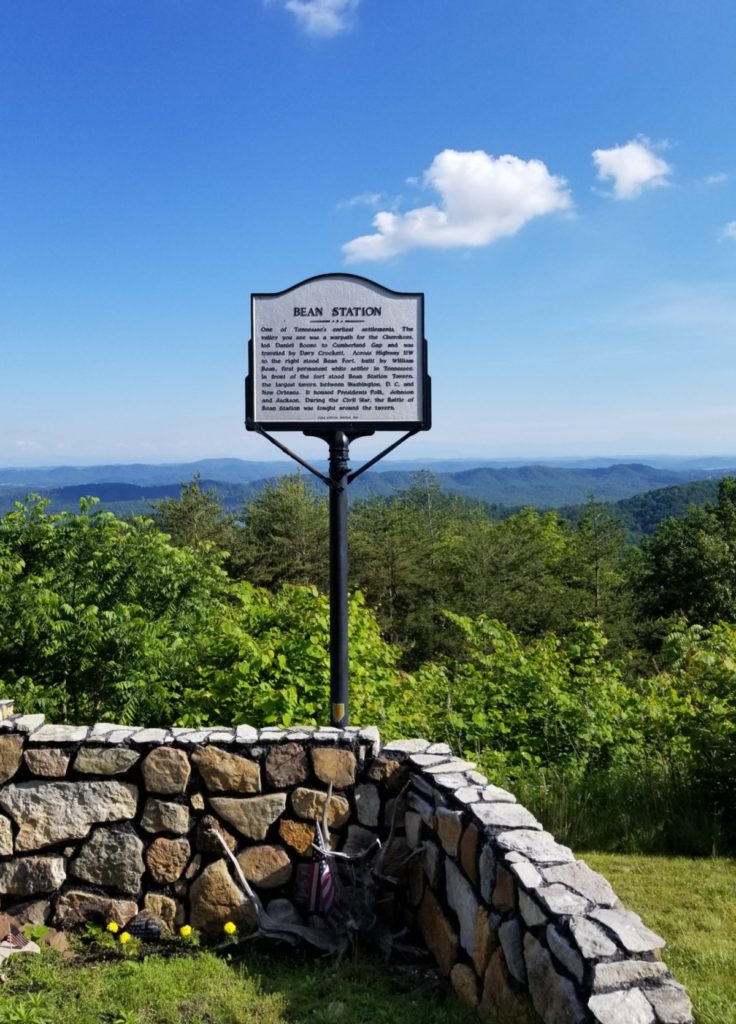
This verdant part of the American south is steeped in history, culture and heritage — the stories carrying an Appalachian community from a coal mining past to an entrepreneurial future. History is preserved in the Victorian village of Rugby, a Utopian experiment by British author Thomas Hughes (whose novel Tom Brown’s Schooldays was a blockbuster in his day). The community, nestled in the green folds of the Cumberland Plateau, was designed to be classless, agrarian and self-supporting. It lasted all too briefly – the sons of the British gentry being more interested in enjoying the bucolic beauty of the Tennessee countryside than the hard labour of farming. My visit to the village – there are 70 meticulously restored buildings to admire – was enlivened by the presence of historian Jordan Hughett, who taught me the correct etymology of y’all (it’s a contraction of ye all, not you all) and shared his mother’s recipe for “frahd pah” (fried pie), a tasty snack that farmers of yore could tuck into the pocket of their overalls.
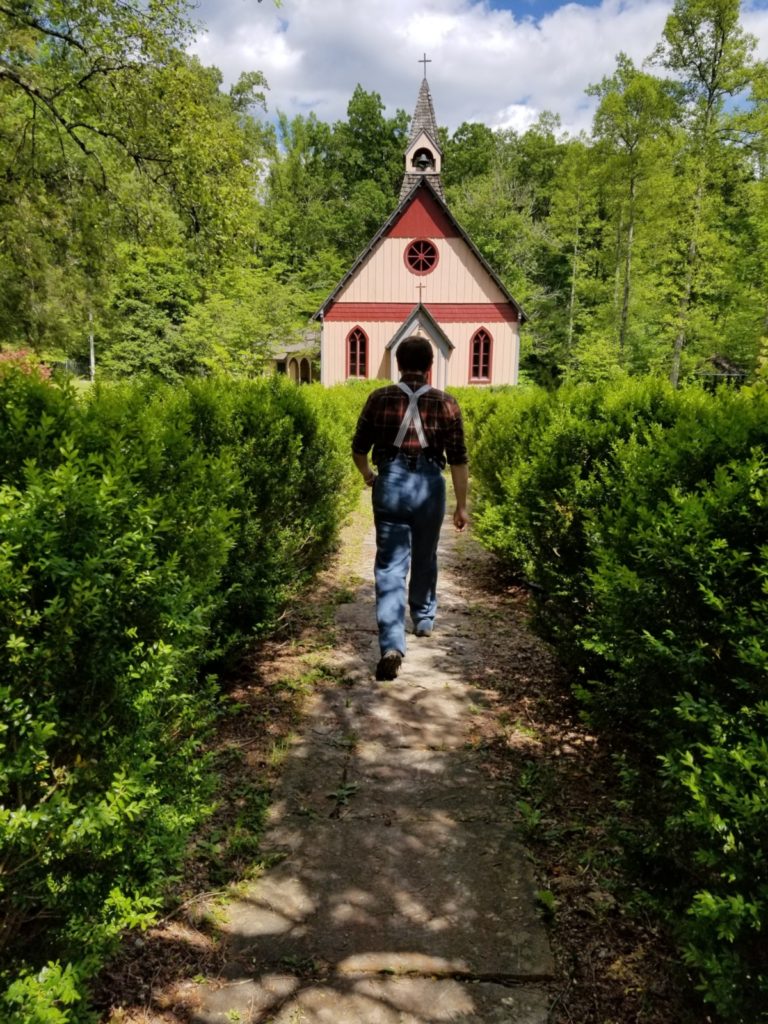
A more sobering window on the past awaits at Historic Brushy Mountain State Penitentiary, which, until it closed in 2006, housed some of the south’s most notorious criminals, including Dr Martin Luther King Jr’s assassin, James Earl Ray. The Brushy Mountain incarcerated were a violent lot — during its heyday a murder a week took place within the prison itself.
Tours of the dilapidated gaol, conducted by former guards and inmates, are not for the faint hearted. The miasma of brutality and suffering that still permeates the castellated structure left me in need of a shot of booze from End of the Line Moonshine. The on-site craft distillery is underwriting the transformation of Brushy Mountain from penitentiary to tourist attraction. The metamorphosis is a godsend to the tiny town of Petros, whose economy is dependent on the prison.
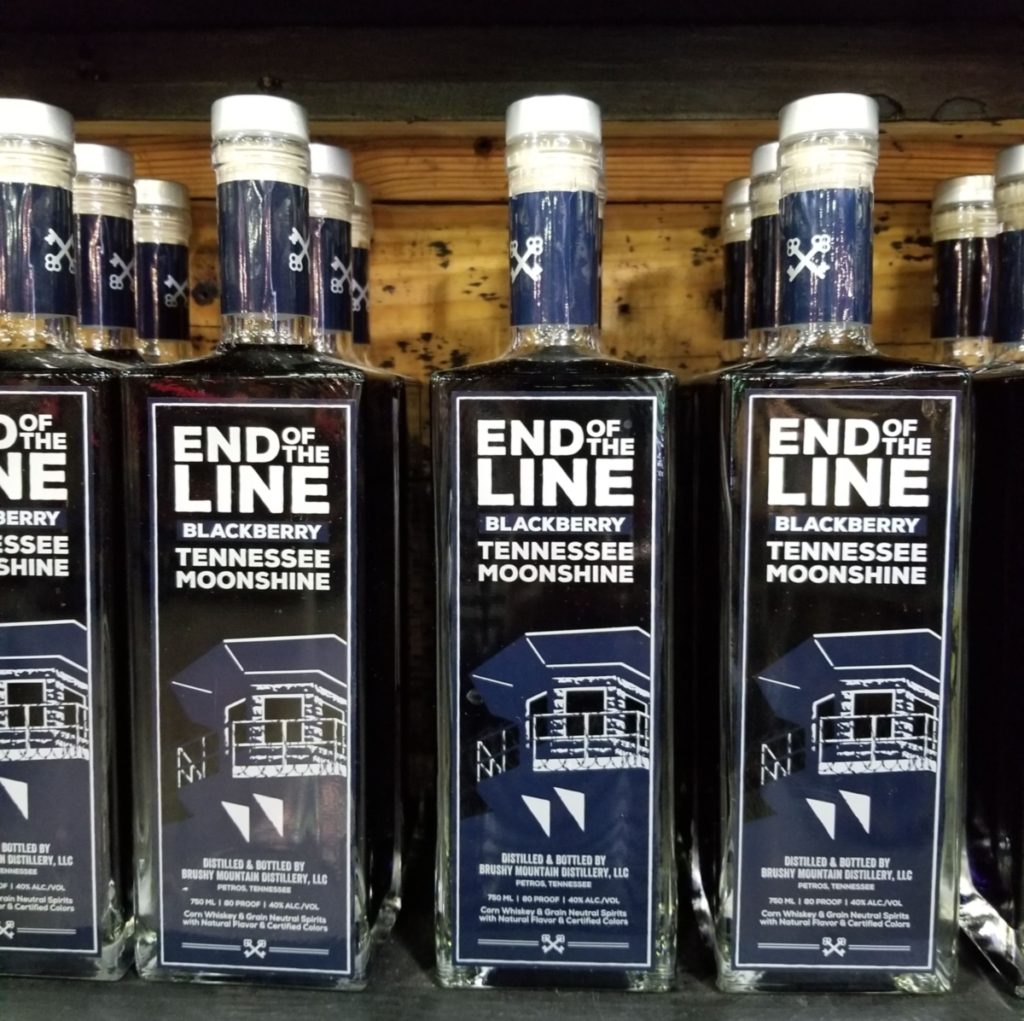
On to happier pursuits in the sunlit Sweetwater Valley, heart of Loudon County’s dairy industry. At Sweetwater Valley Farm, Mary Lindal Harrison’s parents have gone on vacation and left her in charge of 1500 bovines, plus a cheese factory. And she can handle it all, thanks to eight state-of-the-art robots that tailor the milking experience to each cow’s size and needs. No need to herd the girls to the machines, they wander up whenever they feel like a gentle teat washing and personalized extraction service. “Our cows are giving 12 gallons of milk a day since we introduced the robots — six to seven gallons is the norm,” Mary Lindal explains. “The computers monitor each cow’s temperature, activity level, milk yield and quality, so we can easily tell when a cow is not feeling well, or needs some extra care.” Most of the farm’s milk is marketed under the local Mayfield brand; the remainder is used on the farm to make award-winning cheddar cheese.
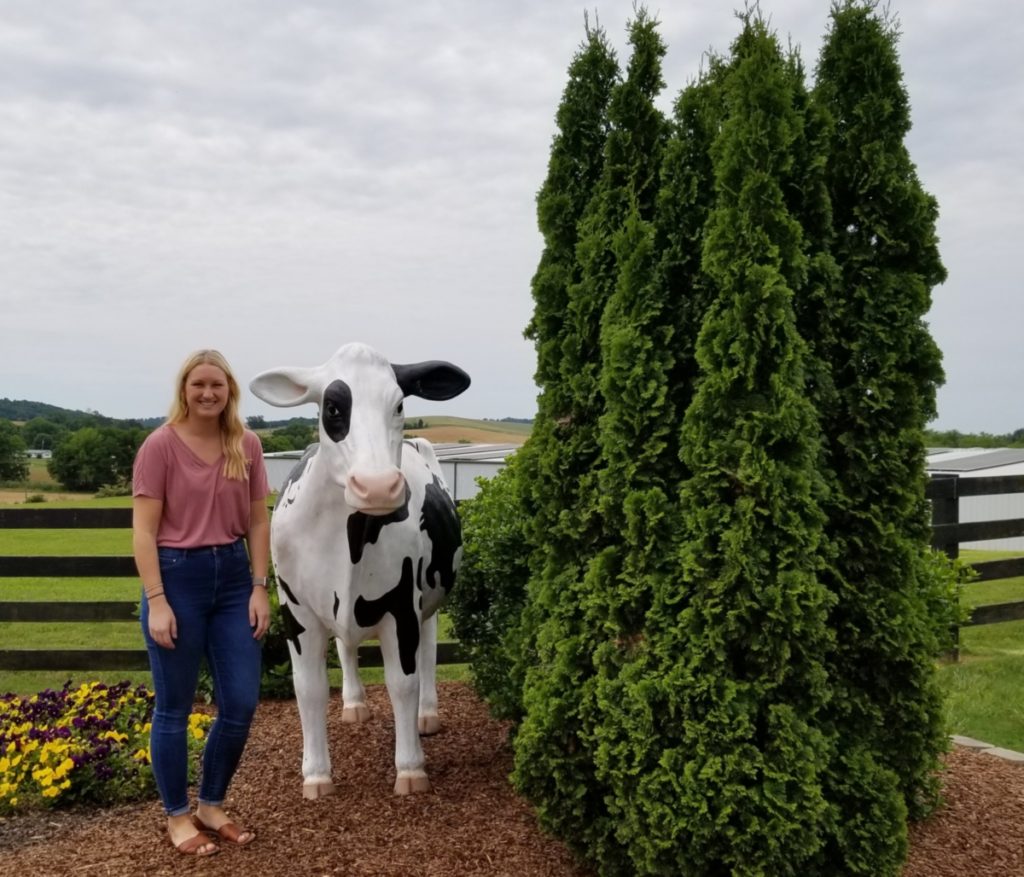
A stone’s throw from the Harrison’s farm is Tennessee Valley Winery, one of the oldest operating family-owned wineries in the state. Brother-and-sister winemakers John Smook and Paulette Pietti specialize in the sweet fruit wines beloved in the South but have also won awards for their zinfandel and riesling. Wines made from the native muscadine grape (a thick-skinned, hardy varietal, so loaded with health-giving properties that some people take it medicinally) are an acquired taste — so powerfully grape-y and perfume-y they hit you like a slap in the face. But Pietti’s Private Reserve Semi Sweet Red Muscadine is evidence that in the hands of an expert winemaker this American grape can be turned into a beautifully nuanced and characterful wine.
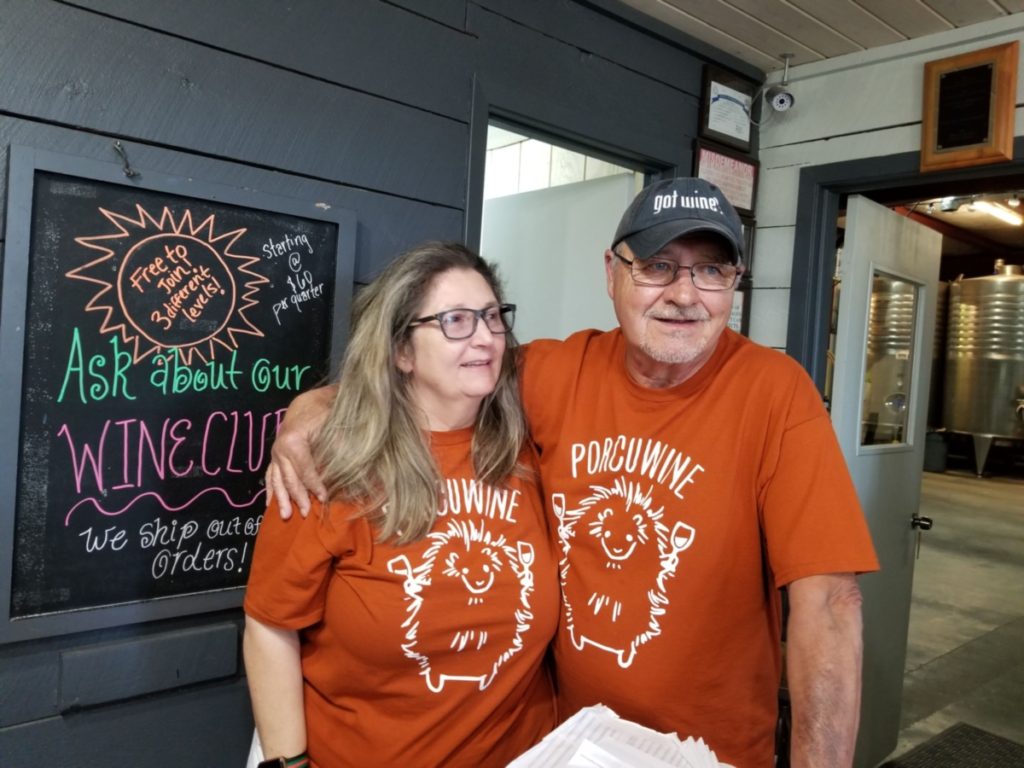
In the foothills of the Smoky Mountains vistas of pastoral contentment and peaceful industry unfold in all directions. Passing through the village of Luttrell (hand-lettered sign: Birthplace of Kenny Chesney) and the historic town of Dandridge, I arrive at the base of English Mountain and the home of Bush’s Baked Beans, a staple in every Southern pantry. The Bush family were pioneers of the canning industry in Tennessee – their 1911 General Store and wooden farmhouse now stand alongside a high-tech processing plant. A country-themed gift store and café, historical displays and a fascinating video that follows the beans’ journey from field to can, complete the visitor experience. A free copy of The East Tennessee Christian Guide to the Smokies is available at the café entrance.
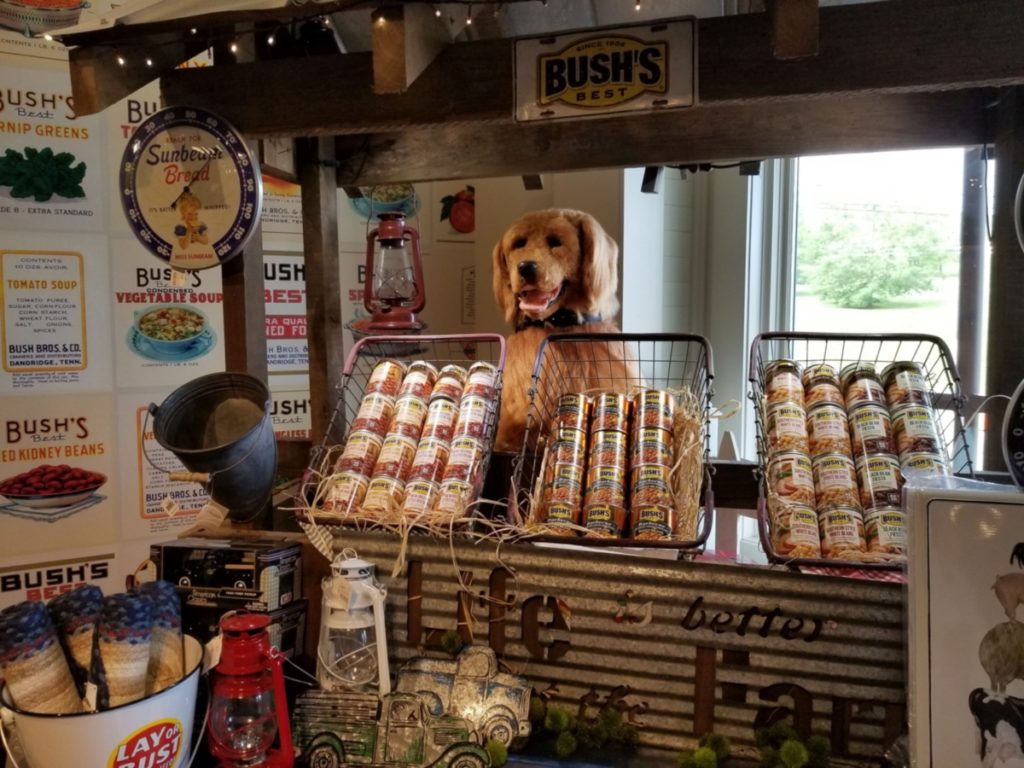
We are indeed deep within the Bible Belt. In a booth at the Greenback Diner (in the tiny town of the same name) a couple with eyes closed clasp hands and bow heads in a fervent grace before tucking into one of the vintage diner’s legendary cheeseburgers. More sinful is the honey bun, a yeasted pastry cooked on the flattop in lashings of butter and topped with an oversized scoop of ice cream drizzled with chocolate syrup. There’s a small museum next door filled with memorabilia from the diner’s past as The Greenback Drug Co., complete with soda fountain, and original scripts for pills and potions.
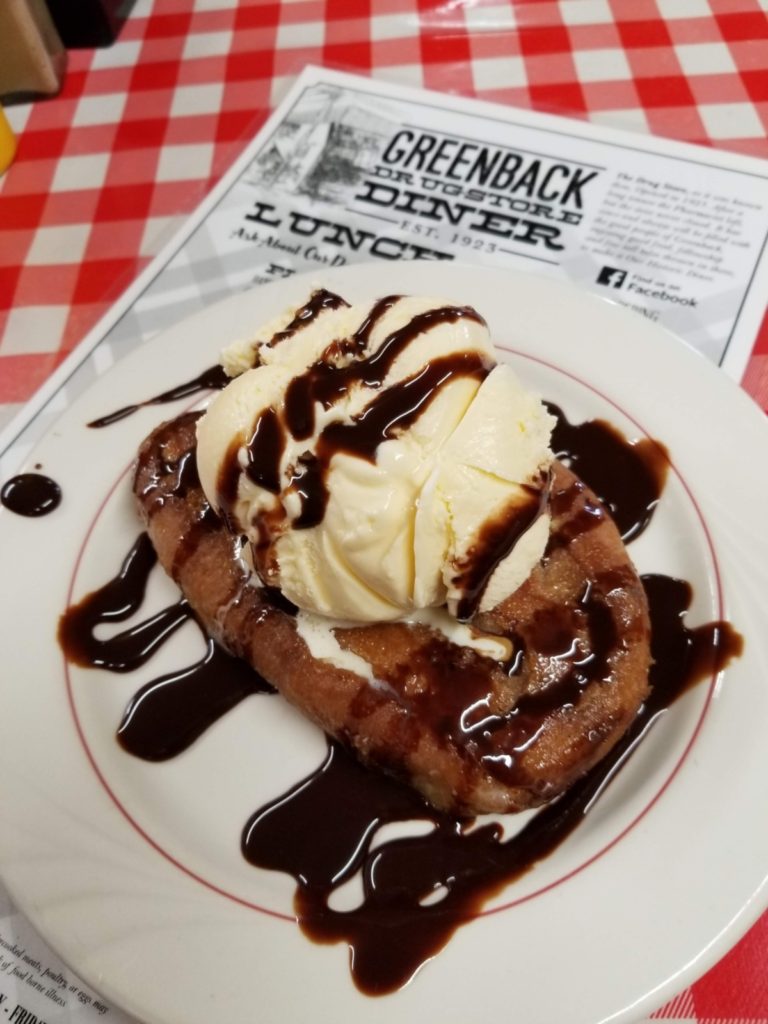
Seven Springs Farm and Winery is located on Thunder Road (Route 61 in Maynardville), not far from the site of the crash that killed moonshiner Tweedle-o-twill. Rick and Donna Riddle purchased the property in 1994 and felled trees to build a timber-frame farm store and winery tasting room. In 2015, the first vintage by their winemaker daughter Nikki won no less than five concordance (unanimous choice of all judges) gold medals and the awards have kept on coming. Meanwhile, her brother Jim raises prime Angus beef and grows organic vegetables.
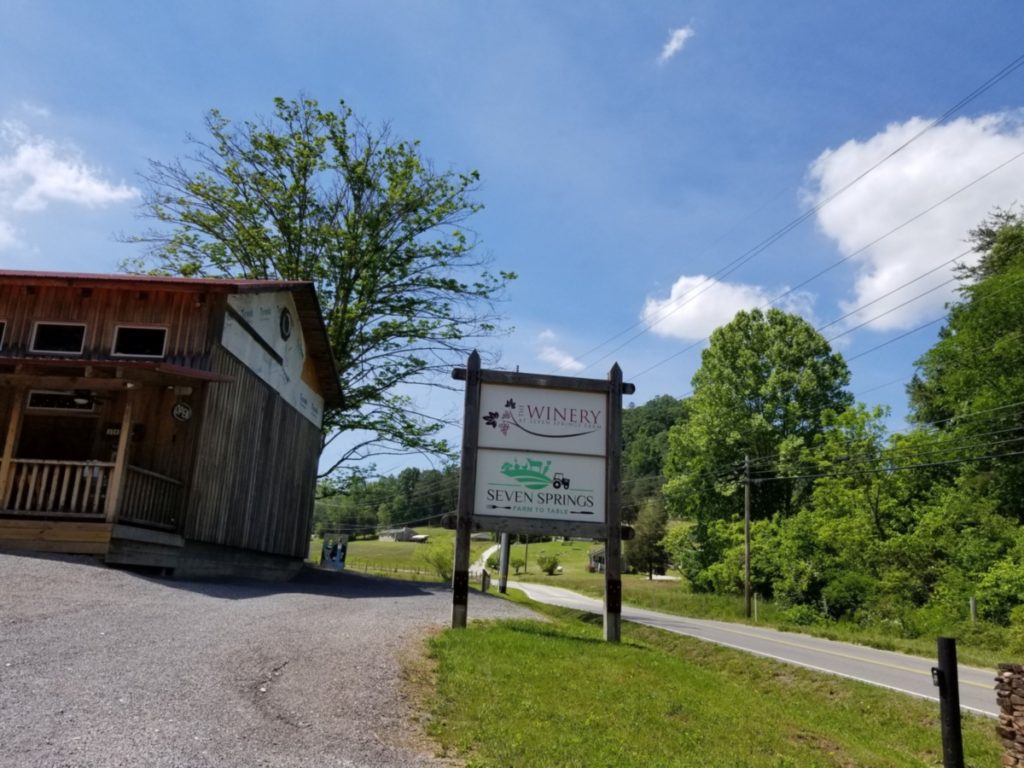
Jim and others like him are the core of a burgeoning farm-to-table dining scene that is taking classic southern cuisine in fresh new directions. Fried chicken and catfish, cornbread and hushpuppies, barbecue and sweet tea are the hallmarks of Appalachian cooking, but a new generation of chefs are bringing a modern sensibility to culinary traditions that are deeply rooted in the culture and terrain of East Tennessee.
Chef Anthony Ploof is a Vermont native who moved to Knoxville to open The Drawing Room restaurant in the upscale Tennessean hotel. “I didn’t want to do stereotypical Southern cuisine,” he says. “I wanted to give the ancestral ingredients of Appalachia – game, meats, mountain produce, pickles and preserves — a new spin. But I didn’t realise when I first arrived just how good local food producers are.” Some of the suppliers he mentions — Benton’s Bacon, Savannah Bee Company, Sweetgrass Dairy in Georgia– are names I’ll hear repeatedly from Knoxville chefs during my visit.
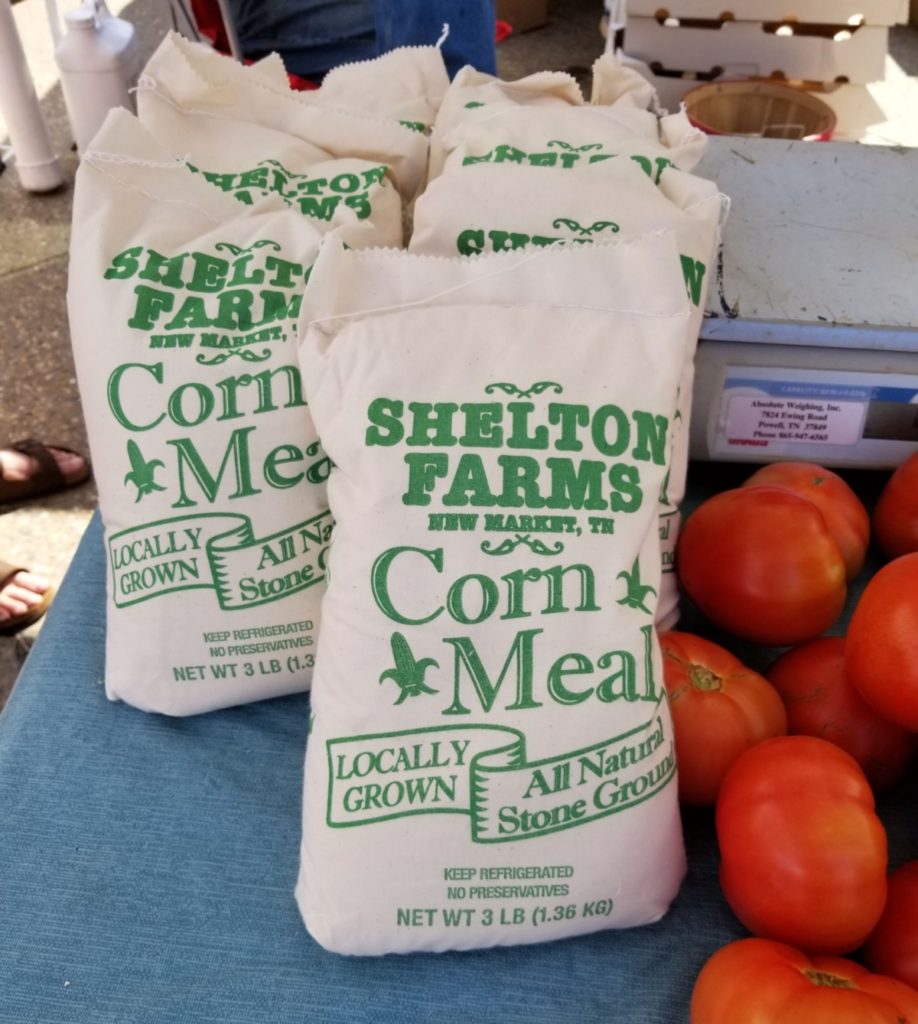
Preston Williams of the hot ticket Rebel Kitchen in downtown Knoxville is striving to achieve a menu that is 100 percent local. When I visited, a big jug of daisies on the kitchen pass kept him company as he worked with relaxed concentration on the dishes that were going out to a full house of tables. My meal, chosen from a short menu of small and larger plates, was uniformly brilliant. Chewy housemade bread (with liquid duck fat for dipping!); a wedge of seared foie gras with grainy mustard, pretty spheres of rhubarb gel and a fresh farm egg; paper-thin slices of smoked duck breast with beets, blackberries and creme fraiche; a tangy buttermilk panna cotta and a super cheese plate from Sweetgrass Dairy.
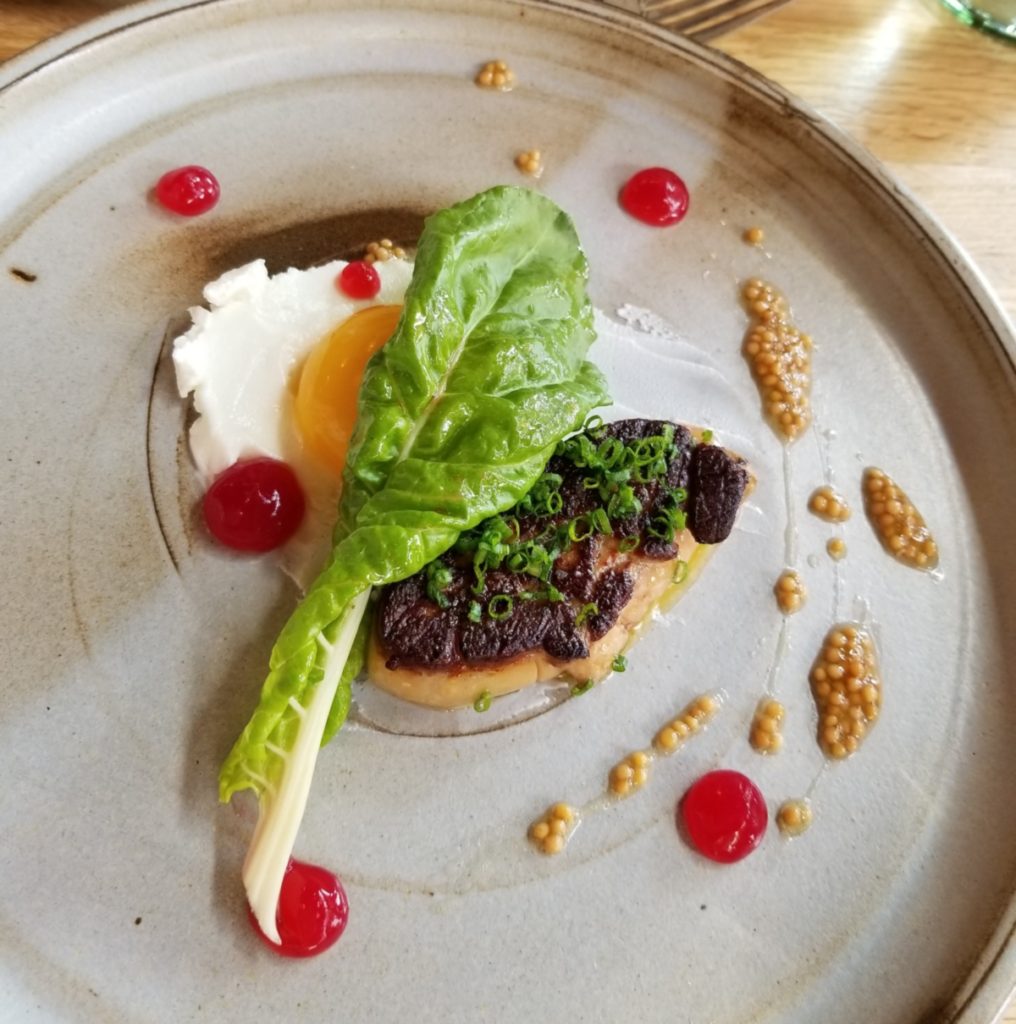
Jon Gatlin is another chef putting a distinctive stamp on the Knoxville dining scene. Oliver Royale is a sleek New York-style dining room with a black, grey and gold colour scheme and a menu of globally inspired comfort food based on familiar southern ingredients. Pork Fried Rice was reimagined as sous-vide pork belly with crispy skin atop a bed of quinoa with dabs of hoisin sauce; braised short rib resting on pillowy mash was strewn with arugula flowers. Gatlin’s food was beautiful to behold and even better to eat.
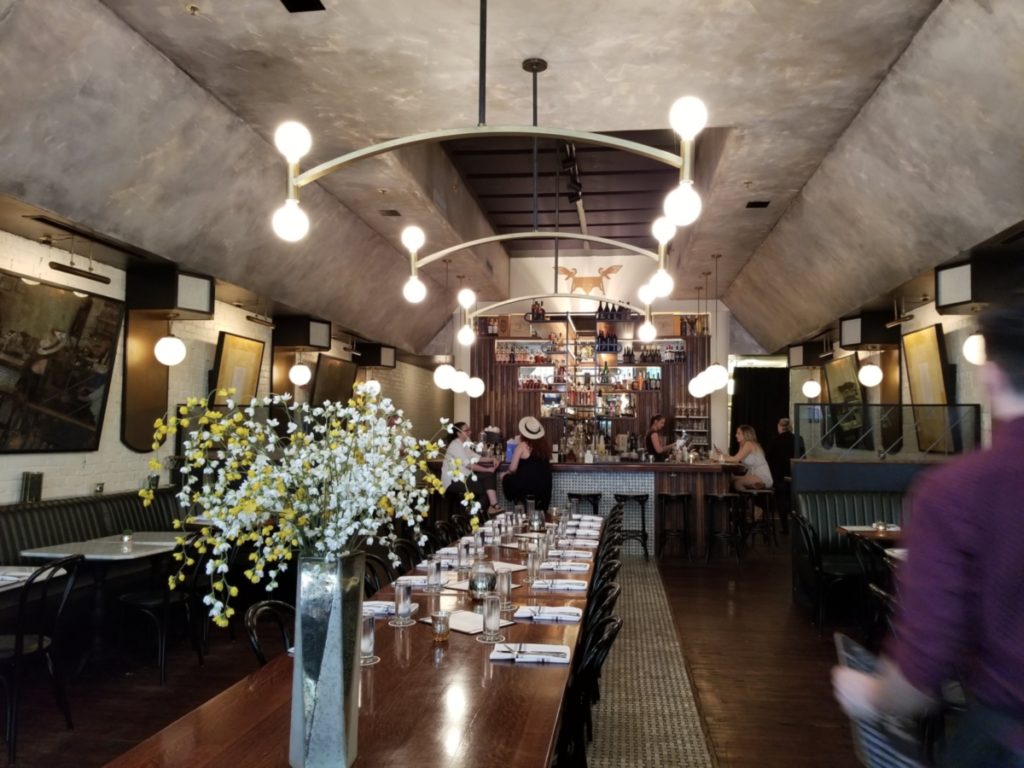
Downtown Knoxville is a remarkable story of renaissance and revitalization. Like many historic American downtowns, it suffered the byproducts of economic change and mallification in the eighties, with stores shuttered and an urban core abandoned to the drugged and the destitute.
“Fifteen years ago there were tumbleweeds blowing down the street,” says Brad Hamlett, whose Knoxville Chocolate Co. is located on historic Market Square, now the home of Knoxville’s Farmers’ Market and the vibrant hub of a youthful, energetic city. The downtown core is buzzing with energy and colour, with a thriving arts, music and cultural scene and a plethora of places to eat and drink. It’s a compact, walkable city, with a river running through it and handsome heritage buildings given a new lease of life and purpose.

In Knoxville’s scenic hinterland, people still know how to live off the land and to produce fine food and drink with what they have at hand. These Southern foodways are not just relics of the past, they are the foundations of a modern culinary movement that seeks to honour the traditions of people and place. There’s a new legacy building on Thunder Road.
